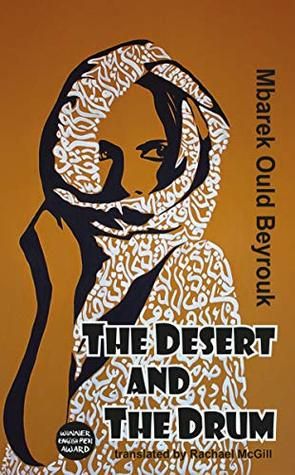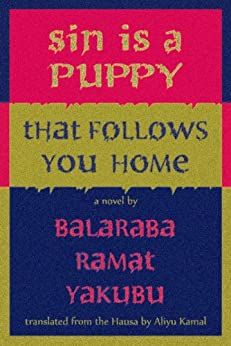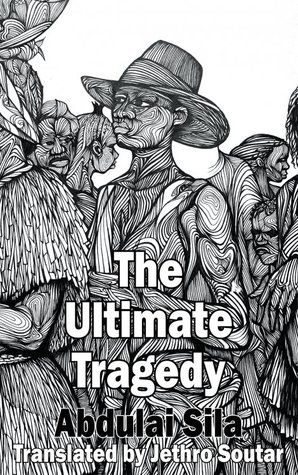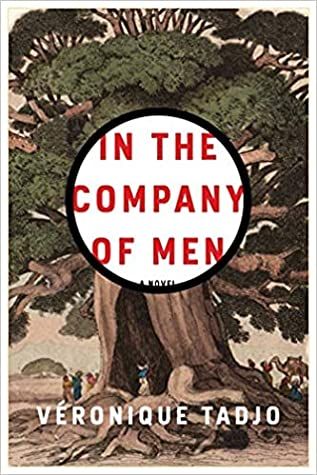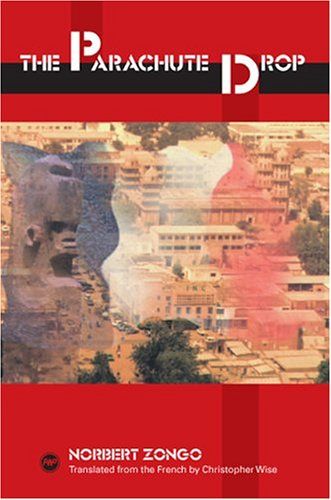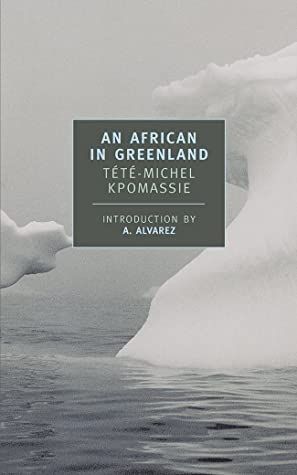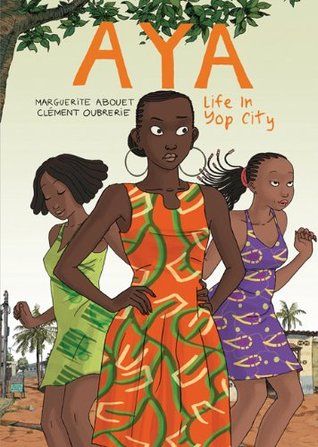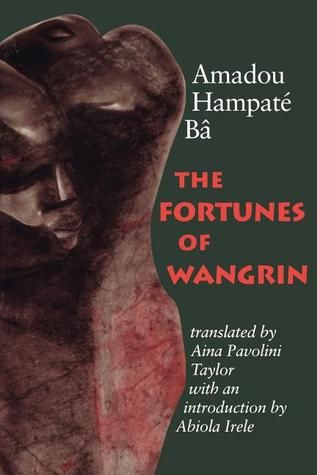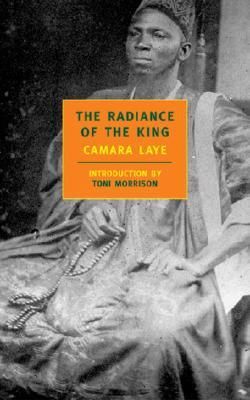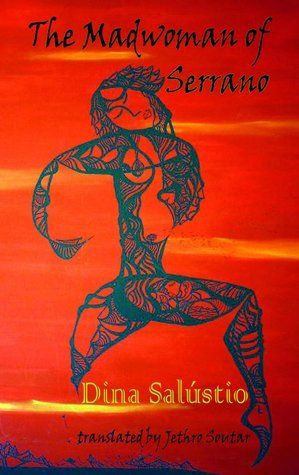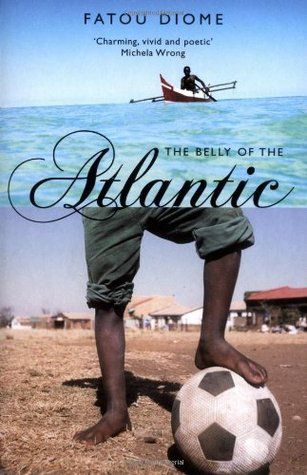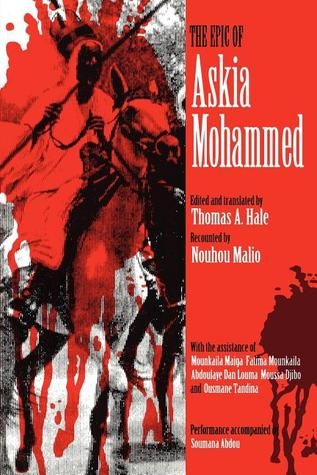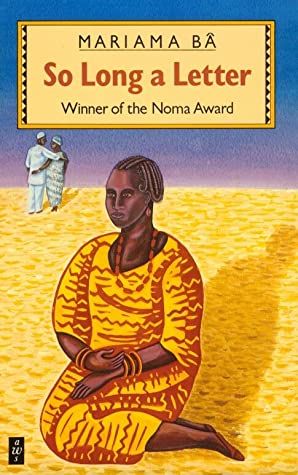For this list, I used the definition of Western Africa that includes: Benin, Burkina Faso, Cape Verde, Côte D’Ivoire, Gambia, Ghana, Guinea, Guinea-Bissau, Liberia, Mali, Mauritania, Niger, Nigeria, Senegal, Sierra Leone, and Togo. I tried to include at least one book from every country, where I could. Keep in mind that I have only included translated works in my consideration, so books that were originally written in English wouldn’t be eligible — this took away from my inclusion of many Ghanian books such as Changes: A Love Story by Ama Ata Aidoo or The Beautyful Ones Are Not Yet Born by Ayi Kwei Armah; as well as many Nigerian books, including the classic Things Fall Apart by Chinua Achebe, or Chronicles from the Land of the Happiest People on Earth by Wole Soyinka. Many if not all of these novels engage the history of imperialism in this region in some way, writing of subverting the hierarchy between colonialist and colonized, drawing on oral tradition, and digging into the social, economic, and class changes forged by the impact of colonialism. As a result of that imperialism, many of these books were originally written in French or Portuguese. Language itself is an integral part of many of them — who can write and who can not, who can tell the stories, the power of language, and the ability to write letters across distances. Many of these books focus on the dependence of women on men within patriarchal systems of marriage, capitalism, and reproduction — on the impact on wives, mothers, and daughters, and on how those women attempt to reclaim power for themselves. Enjoy these 14 books from Mauritania, Togo, Mali, and more. Put them on hold at your local library and buy them at your independent bookstore. Make it clear that we want to read books in translation — and that publishers can, and should, invest in new translations of books from this region. Please note that while I took great care to list content warnings where I could, things can fall through the cracks. Please do additional research on the recommended titles if needed. For recommendations for Nigerian literature written in English, check out this list of fantastic Nigerian books. Content warnings for rape/sexual assault and sexual coercion, suicidal ideation, depression, sex shaming, homophobia. This book highlights the forced dependence of women on men within the patriarchy and how it can become a corrupting force, because women’s power can only be exerted through their manipulation of their man and the pushing down of co-wives. In this book of irony, black magic, and jealousy, men are constantly losing their senses while women remain in strong, determined control through the worst of it. It is infuriating, and impossible to put down. Yakuku’s book is the first published English translation of a complete novel written in Hausa. The author is a pioneer of soyayya, or “love literature,” as well as a screenwriter, director, and producer. Content warnings for neglect, domestic abuse, violence, misogyny. The book is the first novel to be translated into English from Guinea Bissau. Content warnings for racism, sex shaming, sexual coercion/harassment. Doomi Golo was the first full-length novel written in Wolof to be translated to English — but with a go-between. Diop actually rewrote the book in French, providing a translation of sorts, that was then translated into English. Content warnings for ableism, rape, sexual harassment, body horror, reference to genocide. Content warnings for pandemic, death, gore, neglect. The book is a clear look at the devastating impact of despots and their corrupt nature and violent reigns — and a thinly disguised critique of Togo’s President Gnassingbé Eyadema, serving as a foil for Burkina Faso’s own government of the time as well. In the preface in 1988, he says he was beaten up for writing the book. The case of Zongo’s murder was closed in 2006 to outrage, and in 2014, the African Court on Human and Peoples’ Rights ordered Burkina Faso’s authorities to investigate the case properly and compensate Zongo’s family. Content warnings for xenophobia, racism, alcoholism, substance abuse, domestic violence, animal death. Content warnings for domestic violence, sex shaming, misogyny, sexual harassment, homophobia. Bâ has emphasized that this book is about a real person who shared his stories with the writer when he was a young child. Fortunes draws on oral tradition, folklore, and the impacts of colonialism. Content warnings for fatphobia, lynching threat, racism, the n-word, violence, sexual coercion, drugging, addiction, alcoholism, suicide. Clarence expects to be able to access and comprehend Africa better than the people around him, but quickly finds that he is the one who is completely lost in the machinations of what’s happening around him. It plays with his gaze, of what he sees and what he chooses to hear, as he is pulled around and manipulated. Content warnings for sexual assault, drugging, racism. Content warnings for sexual coercion and assault, misogyny, domestic violence. Content warnings for sexism, transphobic language, the n-word, racial slurs, misogyny, deportation, sexual assault, racism, xenophobia, domestic abuse. Content warnings for violence, war, animal death. Content warnings for misogyny, adult/minor relationship, forced marriage. Want more books in translation content? I have lists for you of books in translation from Catalonia, Argentina, France, Mexico, Central Africa, Japan, Southeastern Europe, Brazil, Ukraine, Sweden, and China. If you have recommendations or requests for future lists of books in translation, or if you want me to know about a book I missed, please let me know on Twitter!

